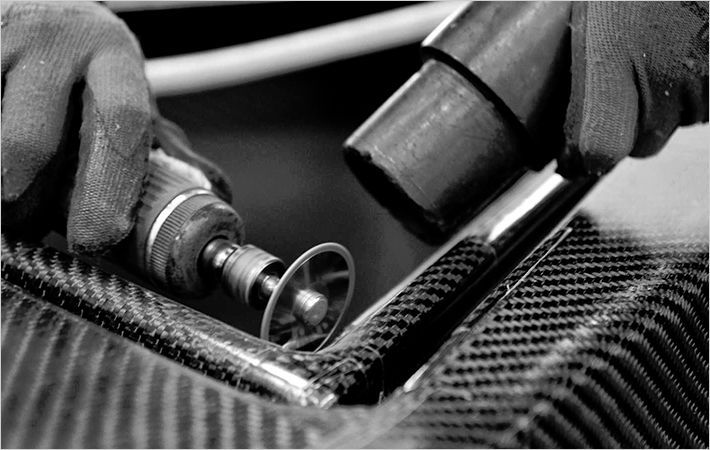GORE Fabrics has been using LCA since 1992 as its ecological accounting system and was one of the first in its industry to perform full “cradle-to-grave” LCA – from raw material extraction through materials processing, manufacture, distribution, use, repair and maintenance to disposal or recycling.
The latest LCA results provide quantitative data that enabled Gore Fabrics to measure the extent of a product’s environmental impact at each step of its life cycle. GORE evaluated the environmental impact of a durable waterproof, windproof and breathable GORE-TEX jacket used for five years.
The results, published for the first time by GORE, show that during its entire lifetime the GORE-TEX jacket emits a total of 72.7 kg of CO2-eq., consumes 2.08 m3 of fresh water and 992 MJ of primary energy, the equivalent of 29 liters of petrol.
To put it in perspective: for a pair of jeans 32.3 kg and of CO2 eq. are emitted over its entire lifetime, but multiple pairs may need to be purchased during the lifetime of a GORE-TEX jacket and jeans provide little to no protection to the user.
Besides this, the main findings of the study point out that production and distribution account for around two thirds of the product’s Global Warming Potential (GWP). Consumer care, at 35% of total GWP, also has a significant impact, while the impact of the jacket’s disposal is negligible. In other words: the longer a GORE-TEX jacket lasts, the smaller its annual environmental impact will be.
Focusing on lifetime, the study proves that the impact of longevity on the annual ecological impact is such that the jacket’s life time is the single most influential factor in improving several environmental impacts.
Bernhard Kiehl, Fabrics Division Sustainability Team: “The LCA findings clearly demonstrate that the best way to minimize the environmental footprint of outerwear products is to enhance their durable performance and thus their longevity. This is why quality, durability and performance are the three cornerstones of our GORE-TEX products.”
The LCA study was carried out with input from third party experts. For instance, the Öko-Institut Freiburg advised GORE on questions of methodology and data-sets. Martin Möller, deputy head of the Institute’s Sustainable Products & Material Flows division: “The cooperation between GORE Fabrics and the Öko-Institute Freiburg is based on our shared commitment to sound science.

